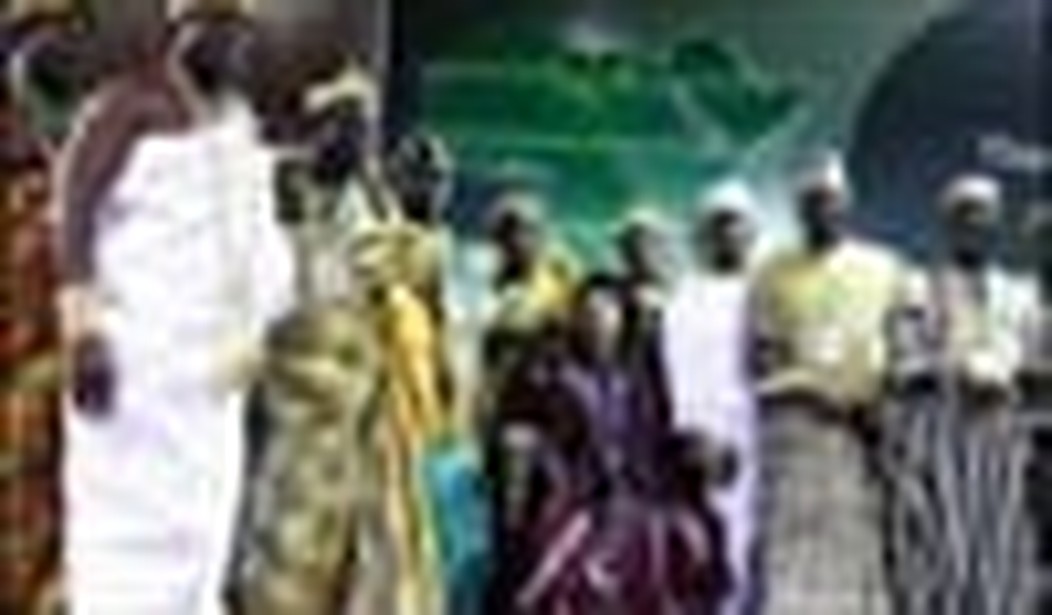The Arab uprising in the Middle East has swept like wildfire. The uprising that began with the fall of the Tunisian president had a domino effect throughout the Middle East and throughout North Africa. After Tunisia, events in Egypt, and soon in Jordan, Bahrain, Syria, Yemen, and even Iran followed the pattern of the new revolution.
The Libyan conflict seems to be a prime concern of the international community now, as fighting between the Gaddafi loyalists and the rebels headquartered in Benghazi reaches a deadlock. Although this conflict has captured the attention of the international media, lesser known are the complex tribal relations and institutional weaknesses behind Gaddafi’s flamboyant tyranny that weigh heavily in the balance.
Gaddafi’s takeover in the late 1960s power equilibrium
Muammar Gaddafi’s assumption of power in 1969 resulted in members of the Gaddafi tribe (the “Qadhadhfa”) and the allied Maqarha and Warfalla tribes taking over all key positions in the security arena. That includes the armed forces, police, and intelligence service. It was never to be expected, in the event of open political opposition questioning the dominance of the three tribes, that the members of the tribes would renounce their own tribes and defect to the opposition.
The Warfalla tribe was opposed to the Gaddafi tribe’s harsh treatment of the opposition, and therefore distanced itself from the Gaddafi tribe. A powerful tribe, it could afford to change course. Smaller tribes are less likely to have this choice. The small and otherwise insignificant Gaddafi tribe, which allied with the Warfalla tribe and whose territory borders the Surte region in the east, took on a politically central and dominant role when Gaddafi came to power — a position it has been able to maintain since then by entering into tribal alliances.
People, Mercenaries, and Democratic Reform
Libya has not had a constitution since 1977. Unlike Tunisia or Egypt, it has no legal frame of reference. That is why statements about future developments are impossible to make.
However, in addition to the military, the domestic Libyan opposition, the opposition among exiles, and the Islamists will play a role — and this against the background of their respective tribal affiliations. In any case, more tribes than before are likely to be represented in a possible (military) transitional council, a new transitional government, or a government of national unity.
Family and tribal loyalties are coupled to oil revenue in a manner making it very hard for NATO to stop the advance of Gaddafi’s loyalists to Misrata or even to Benghazi. The vast revenue from the oil enabled the regime to hire loyalists and mercenaries alike, and motivate them to continue fighting for the annihilation of the opposition. The Gaddafi government has used mercenaries hired mainly from sub-Saharan Africa and the former Yugoslavia, drawing the attention of the African Union (with its Convention on the Elimination of Mercenarism in Africa). Media reports have claimed that Gaddafi’s loyalists are paying Ghanaian mercenaries a colossal $2,500 per day. There are also claims that advertisements for mercenaries have appeared in the Nigerian newspapers. Ukrainian and Serbian mercenaries are reportedly fighting alongside Gaddafi loyalists, a charge reinforced by the fact that Libya used Serbian fighters to put down a civilian uprising in the 1990s.
Libya: Comparing with Other States
Unlike Egypt and Tunisia, where the militaries have a tradition of loyalty to the state and to the armed forces as an institution, the regular Libyan military has been kept deliberately weak and divided by Gaddafi, who seized power as a 28-year-old Army captain with a few hundred confederates in 1969.
The best-trained and equipped forces in the country are paramilitaries commanded by his friends and family members, who answer directly to him. At present, the generals in power can convince Gaddafi to negotiate with the rebels, but a majority of the military stands strongly behind him. In most cases, the forces are controlled by the three sons of Gaddafi — making it extraordinarily difficult for outsiders to penetrate into the command and control structure.
Current study pinpoints three groups believed to be instrumental in challenging authoritarian regimes in the Arab world: political parties, the Islamist movement, and human rights associations and other civil society organizations. The focus has been on highly institutionalized actors operating in the formal, public sphere. Opposition parties did not catalyze, organize, or lead the citizens’ movements that took to the streets in Egypt or Tunisia. They were almost missing from the scene at the outset. As for the human rights groups, their role in awakening citizens or mobilizing them into activism has been minimal, or almost nonexistent.
What, then, is to come? Amid the bloody struggle, as yet, neither the United States, Britain, France nor others are willing to send ground forces into Libya. Drones will not settle the matter. Libya’s fate is in the hands of Libyans themselves.









Join the conversation as a VIP Member